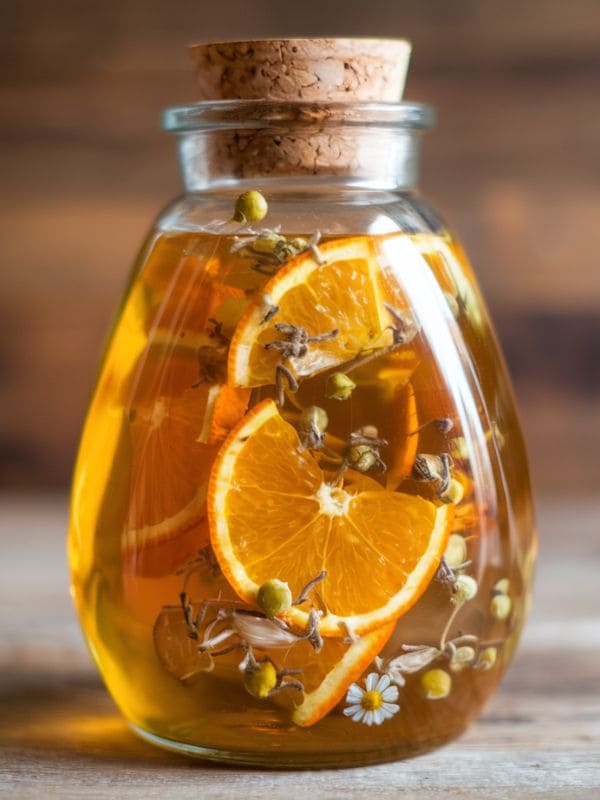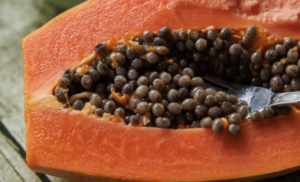Drinking Water Is NOT the Best Way to Stay Hydrated
For years, we’ve been told that drinking eight glasses of water a day is essential for staying hydrated. This has become almost a law of health, with people carrying gallon jugs of water everywhere, convinced that the more water they drink, the better. But is this truly the best approach to hydration, or could this popular belief be misleading?
In this article, we’ll explore the science of hydration, why simply drinking water might not be enough, and how electrolytes play a crucial role in keeping your body properly hydrated.
What Is Hydration, Really?
Hydration isn’t just about water. It’s about maintaining a balance of water and electrolytes inside your cells. Electrolytes are electrically charged minerals like sodium, potassium, and calcium, which help control the flow of water into and out of cells. A well-hydrated cell has the right amount of water and electrolytes, while a dehydrated cell suffers from an imbalance of both.
The Dangers of Overhydration
Drinking excessive water can actually harm your hydration levels. When you drink too much water, you risk diluting your electrolytes, leading to a dangerous condition known as hyponatremia, where sodium levels drop too low. This can result in swelling of the brain and, in extreme cases, even coma.
So, despite what many health experts suggest, simply guzzling down water throughout the day without considering electrolyte levels can lead to dehydration of the wrong kind.
How to Stay Hydrated: Water and Electrolytes
To truly hydrate your body, it’s important to consider both water and electrolytes. Water alone doesn’t guarantee proper hydration, as it’s the electrolytes that help regulate the flow of water into and out of cells. Without these minerals in the right balance, you may be drinking water and still not be fully hydrated.
The Myth of “Healthy” Sports Drinks
Many people turn to sports drinks, believing they’re the key to hydration, especially after intense exercise. However, most sports drinks contain added sugars, which can actually worsen dehydration. These sugars can draw water out of your cells, leaving you more dehydrated than when you started. A study called the Nurses’ Health Study 2 found that teenagers who consumed sports drinks regularly gained more weight and fat than those who drank sodas. The high sugar content in sports drinks likely contributes to this problem.
While electrolytes are crucial for hydration, the added sugars in these drinks can make them counterproductive. Instead of relying on sugary sports drinks, opt for electrolyte supplements without added sugars or stick to natural sources of electrolytes such as fruits and vegetables.
The Role of Caffeine and Alcohol in Dehydration
It’s also important to be aware of the dehydrating effects of certain beverages. Drinks containing caffeine, such as coffee, tea, and sodas, can increase urine production and dehydrate the body. Similarly, alcohol is a well-known diuretic, causing the body to lose more fluids and leading to dehydration.
The next time you enjoy a cup of coffee or a drink at happy hour, remember that these drinks can increase your body’s need for water and electrolytes.
Fruit Juices and Sugar: Not the Best Hydration Option
Fruit juices and sodas might seem like a refreshing way to hydrate, but their high sugar content can actually dehydrate you. The more sugar in your bloodstream, the more water your body will excrete, leading to increased thirst and dehydration. If you’re seeking hydration, skip sugary drinks and stick to water or naturally electrolyte-rich options like coconut water.
How to Stay Hydrated the Right Way
So, how can you stay properly hydrated without overdoing it? The best approach is to listen to your body. Your natural thirst mechanism is usually a reliable indicator of how much water you need. Drinking when you’re thirsty is a better approach than forcing yourself to drink large amounts of water throughout the day.
For those with higher hydration needs, such as athletes or people living in hot climates, it’s essential to pair water intake with electrolytes to maintain a proper balance. Drinking water without electrolytes during intense physical activity can lead to electrolyte imbalance and dehydration.
Understanding Your Urine: A Simple Test for Hydration
One way to gauge your hydration status is by looking at the color of your urine. Ideally, it should be light yellow. However, a more accurate method is using a urine specific gravity test. This simple and inexpensive test measures the concentration of particles in your urine. A specific gravity between 1.000 and 1.030 indicates normal hydration, while anything lower than 1.010 suggests mild dehydration.
If your urine’s specific gravity is closer to water’s density of 1.000, you may need to reduce your water intake and replenish electrolytes to achieve proper hydration.
The Bottom Line: Balance Is Key
Hydration is about balance, not simply drinking water. Both water and electrolytes are essential for your body to function properly. Drinking excessive amounts of water without considering your body’s electrolyte levels can actually do more harm than good. To stay hydrated, drink when you’re thirsty, and consider adding electrolytes to your water if you have increased physical activity or live in a hot climate.
If you’re unsure whether you’re drinking the right amount of water, use simple tests like urine specific gravity or consult a health professional to ensure you’re getting the hydration your body needs.
Stay hydrated, stay healthy, and remember that moderation and balance are the keys to proper hydration.
—
Related Articles:
Electrolyte Imbalance: Symptoms, Causes, and Solutions
The Truth About Sports Drinks: Are They Really Healthy?
Caffeine and Hydration: What You Need to Know
Share this content:











